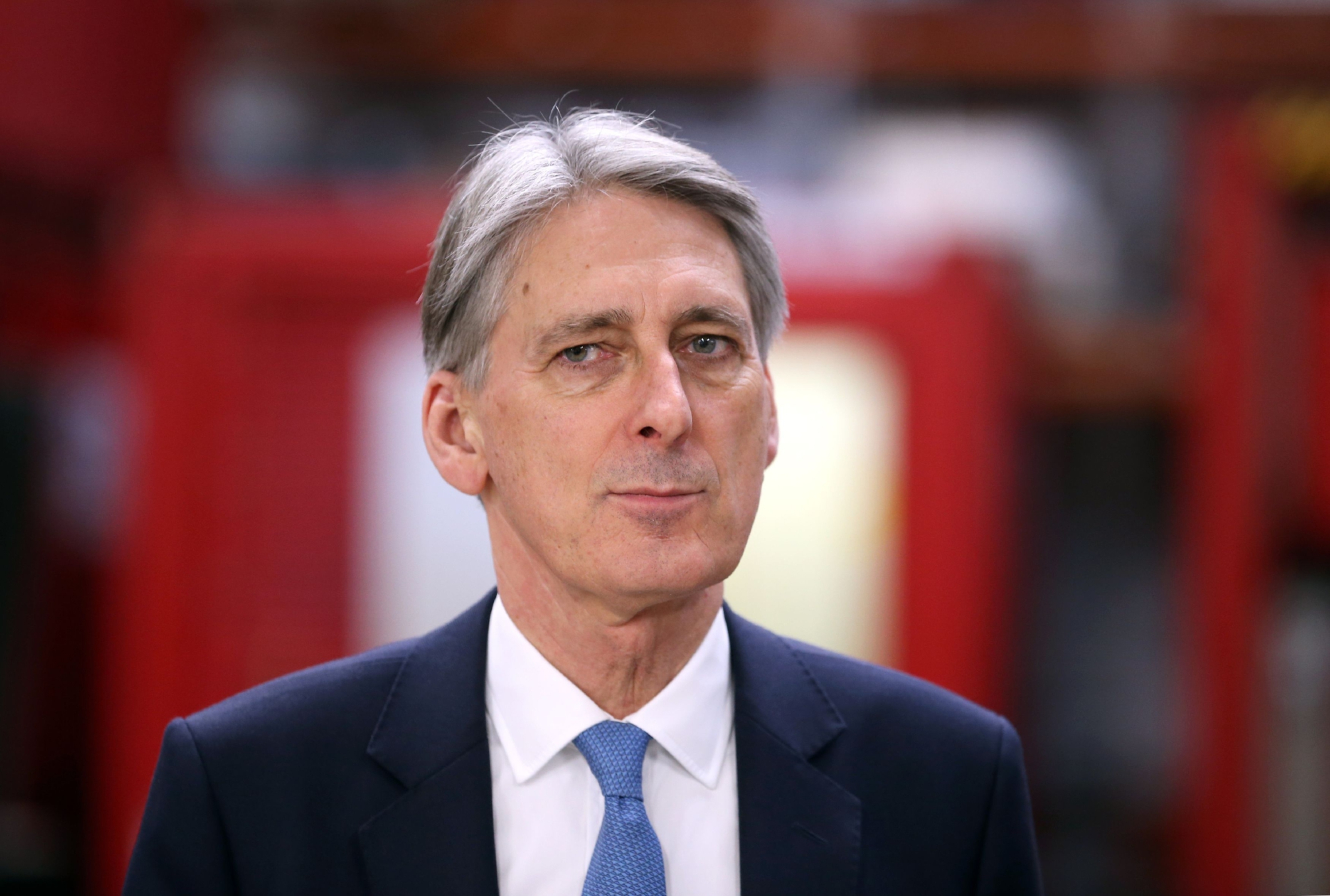VAT should be slashed to ease the pressure on household finances from price increases, Scottish business leaders have said.
The call from Scottish Chambers of Commerce to the UK Government was made in response to inflation rising to 2.9%, which far outpaces increases to pay packets.
A cut in the consumption tax would offer a boost to an economy at risk from the decline in consumer spending power, the SCC’s chief executive Liz Cameron said.
She added: “At the time of the financial crisis and recession in 2008/09, the UK Government reduced VAT on a temporary basis in order to bolster consumer demand and it is time that such a move was considered again to give people the confidence to spend and to reduce the pressures on business margins.
“Everything possible must be done to maintain consumer confidence in these uncertain times to provide a route to business growth and economic prosperity.”
Fife’s chamber of commerce boss Alan Mitchell said VAT would need to be set at a level which has a “feel good and stimulatory impact” on consumers, which he suggested should be 15% at the highest.
“There is still so much business uncertainty over Brexit and other things, which means that business investment is not where we’d like it to be.
“It’s really important that the consumer continues to spend to keep the economy ticking over so a VAT reduction would certainly stimulate that if it’s sufficently large and is going to be in place for sufficiently long enough.”
The standard rate of VAT is now 20%. It was dropped from 17.5% to 15% by the then chancellor Alistair Darling nine years ago.
Inflation reached its highest level for four years last month, with the consumer prices index measure hitting 2.9%, according to official figures published on Tuesday.
That compares with 2.7% in April and the Bank of England’s 2% target.
Maike Currie, investment director for personal investing at Fidelity International, said the squeeze on real incomes is having a negative impact on consumer spending.
“This is bad news for an economy which relies on confident consumers spending on goods and services – already we are seeing signs of a stagnating economy,” he said.
Scotland is on the verge of recession after the economy shrank in the last quarter of 2016.
If that happens again in the first quarter of this year, then the country is officially in recession.
The UK Government said they do not comment on speculation over tax, although Treasury policy is that rates are kept under review.
